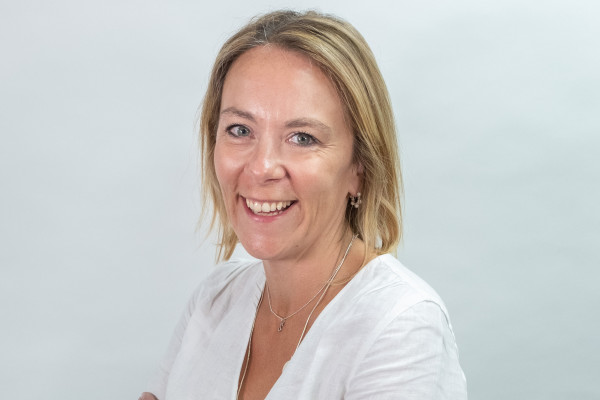

Advisers should not bear the full responsibility for trying to close the advice gap, a senior industry professional has claimed.
Personal Finance Society president Sarah Lord has said although the advice gap was an ongoing issue, and many advice firms have been going the extra mile to help close the gap, it is not solely the responsibility of advisers.
She explained that there are aspects that tie in for advisers and they have a role as a profession to try and address the advice gap by giving educational seminars and guidance in that form.
Speaking at FTAdviser’s Later Life Summit (May 19), Lord said: “We are starting to see some businesses adapt their business models to span a greater spectrum of wealth and reach the lower income bracket who typically haven't been able to afford it, by using technology more and looking at efficiencies through technology as to how they can maybe drive by engagement."
However, she added: “The advice gap isn't just the responsibility of advisers. There is obviously a big interplay with regulation and the regulatory landscape that we're acting within and that distinction, particularly between advice and guidance.”
Lord explained that a lot of people are coming from a position of a fairly low knowledge base and as a profession, advisers can help increase that knowledge base but need to be comfortable in giving guidance under the regulations..
Ahead of the Queen’s Speech earlier this month, there were growing expectations of a financial services bill, given the Financial Conduct Authority’s proposed consumer duty rules coming in next year.
Industry members were calling for clearer boundaries around what is deemed as guidance and what is deemed as advice.
Lord said the PFS is liaising with the FCA on behalf of the advisory profession as to how it can navigate through trying to reduce the advice gap from a number of different angles.
MFP Wealth Management managing director Justin King was also on the panel and said his firm offers community events, puts out videos on YouTube and holds events locally to help people discuss care and the later life advice.
“The people who most need advice possibly are those that can't afford it and it's difficult for advisers to provide a service to the people who can't pay for the advice,” he said.
King said through the videos and community service, he hopes he is helping people to gain a better understanding through education.
“But for people to actually walk in through the door and actually sit down with me and for me to provide advice then it's going to cost and I can't do anything about that cost,” he sadded.
“It is significant because a lot of people can't afford it, so we've got to have organisations like Age Concern and government policy to help people understand how the care system works and what choices that they can make.”
Meanwhile, Sesame Bankhall Group’s chief executive officer Michele Golunska said she agreed to some extent as she explained that the adviser community is not responsible alone but it does have a role to play.
Golunska explained that decision making for people has become much more complex.
“We've seen a move from many decisions in later life being made by institutions moved to the individual, and actually they're not always equipped to understand what is a very complex set of decisions to make, not least what do you want to achieve in retirement?,” she said.
“The answer in terms of the lower income is actually thinking about education. What people actually need is help and I think what we probably need to do as an industry and certainly with support from the regulatory is, work out how we can do that in a way that enables advisers to use resources effectively and efficiently.”
She said it is about more education and tools that help people consider questions that they should be asking and then at what point they might want to engage with advice as opposed to the traditional model.
“It might be different forms of advice and understanding the complexity of that person's decision making at the different life stages so the nearer someone gets to retirement the more it needs to have full advice,” she added.
“The answer has to be the use of digital tools and education and awareness. We have a role to play in that but certainly, it's not the responsibility of the adviser to bridge the advice gap.
“People would like access to advice but they don't know where to get it and they think it is too expensive and clearly for many it will be so we need to broaden it out.”
sonia.rach@ft.com
What do you think about the issues raised by this story? Email us on FTAletters@ft.com to let us know



